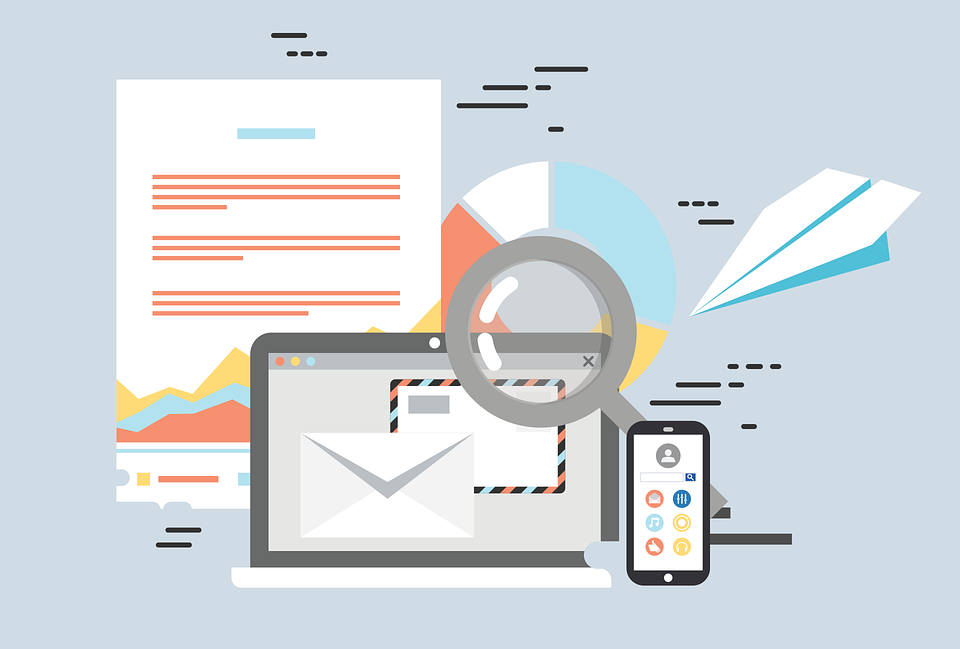
In the busyness of everyday life, it is easy to forget crucial appointments and tasks that need to be done, which can lead to missed deadlines or, even worse, a late diagnosis. Most people probably had an experience when they forgot something important at home, work, or school and realized it when it was too late.
In the medical field, patients are often faced with similar situations. In some cases, some may not realize they need to see their doctor until it’s already been several days since their last visit. If this happens, there could be a chance that the patient could become sicker than if they had seen their doctor sooner. That’s where a patient reminder service comes in.
What Is A Patient Appointment Reminder?
A patient appointment reminder service is a software application that allows you to set reminders for upcoming appointments. You can choose when your reminders should go off, such as every day, once per week, or whenever you want them to go off.
How Does It Work?
When you sign up for a solution like Patient Appointment Reminder Service by Relatient, you can use the tool to create reminders and send out reminders to your patients about upcoming appointments.
When your patients receive an email reminder, they can click on the link to view their schedule online. From there, they can change their appointments, reschedule, or cancel them. They can also opt to receive text messages or phone calls instead of email notifications. These options allow your patients to manage their schedules from anywhere, including while traveling.
The Pros
A patient appointment reminder service can be beneficial in many ways. Here are some pros worth noting when using this type of service.
1. Minimized Number Of Missed Appointments
A patient appointment reminder service can help minimize the number of missed appointments. When patients receive reminders, they would know precisely what day and time they should visit their doctors, helping ensure that they don’t miss any sessions.
As previously mentioned, many services also allow patients to set up automatic reminders through text messages, emails, phone calls, etc. These reminders are sent automatically depending on how frequently patients want to be notified.
2. Better Scheduling
Patients who use a patient appointment reminder service will typically schedule their appointments at times that work well with their daily routine. For example, if someone has a morning meeting, they can choose to schedule their appointment for the afternoon instead.
This way, the person knows exactly when to show up without worrying about getting there too early or too late. On your end as a provider, scheduling patients’ appointments at convenient times can make it easier to manage your time and make room for new patients.

3. Offloading Phone Calls
Another benefit of having a patient appointment reminder service is that it can take much of the stress out of making phone calls to your doctor. Instead of calling your doctor, you can check your calendar and see whether you have any upcoming appointments.
On the part of the service provider, you won’t have to spend hours answering phones and taking messages from patients who want to ask questions about their scheduled visits.

4. Automated Marketing
An appointment reminder service doesn’t only help patients remember their appointments. It can also be a way for medical clinics to market themselves more effectively. Many companies offer appointment reminder services because they want to make sure that their customers never miss out on anything.
If you’re utilizing an appointment reminder service, you can include marketing materials in your package so potential clients can learn more about other healthcare services offered in the facility.
5. Increased Client Retention
Another best thing about patient appointment reminder service is that it can help keep people coming back to your practice. By reminding patients of upcoming appointments, you can give them peace of mind knowing that you care and value them enough to ensure they get to their next visit. Consequently, it can lead to increased patient loyalty.
Furthermore, it could be a great way to build brand awareness for potential patients through patient engagement and satisfaction. It shows that your clinic values your patients and takes good care of them. As a service provider, it’s important to let patients know that you care about them and their needs. By using a patient appointment reminder service, you can do just that.
6. Minimized Losses From Canceled Appointments
Patients who cancel or reschedule their appointments often forget to notify the office. If you don’t hear from them when they change their plans, you may lose money by not being able to bill for the canceled appointment and entertain other patients.
A patient appointment reminder service can prevent this problem by letting you know when patients change their schedules. As a result, you can adjust your schedule accordingly to avoid missing out on revenue.
The Cons
While most providers agree that a patient appointment reminder service can benefit both patients and doctors, there are some drawbacks to using one. These include the following:
1. Technical Issues Can Occur
Unfortunately, technology isn’t perfect. Sometimes, even the best-designed software can have issues. In these cases, you could lose data or experience other technological problems.
That said, you should always back up your data regularly when you use a patient appointment reminder service to ensure that any technical glitches won’t cause significant problems in operations and patient care service.
2. The Learning Curve Takes Time
A patient appointment reminder system could take time to learn and understand. While many providers find that the benefits outweigh the costs, others aren’t so sure in the long run.
If you’re uncertain whether or not a patient appointment reminder service is proper for your clinic, consider starting small. You can start by setting up reminders for a few days first. Then, once you’ve gotten used to how things work, expand your program to cover longer periods.
You should also allot some time to train your staff members to use the system properly to ensure they understand how to set up reminders and respond to messages. Proper training can help ensure that all your staff members can use the system effectively.
3. The Costs Are High
While a patient appointment reminder service may seem like an easy choice, it doesn’t necessarily mean that it’s cheap. In general, the cost of a patient appointment reminder service depends on several factors. These include the number of people you want to remind, the length of time you want to keep track of appointments, and the frequency with which you want to send out reminders.
If you plan to use a patient appointment reminder system for your clinic, you should budget accordingly. You might want to start small and gradually increase the number of features to spend on over time. You must also consider the cost of hiring someone to manage and maintain the system in your budget. You’ll likely spend money on outside services if you don’t have a team member who knows how to use the software.

4. Not All Patients Will Use It
Lastly, not every patient will use a patient appointment reminder. While some patients appreciate being reminded of their upcoming appointments using tech tools, some still aren’t into technology, such as older adults. For these patients, a paper calendar works just fine. They may prefer this method because they feel more comfortable with it.
With that, it can be to your advantage to know your demographics and their preferences before starting using an appointment reminder service.
Is It For Me?
While there are many practical reasons to choose a patient appointment reminder service over a traditional one, there are also reasons it may not be for you. However, before deciding, ensure you understand what each option has to offer.
To know if a patient appointment reminder service will work for you, consider asking yourself the following questions:
- How valuable is time for your practice?
A patient appointment reminder service can help you save time. You won’t have to send reminders to your patients about their next appointment manually. Instead, you can focus on other tasks as it is done automatically.
- Will it help me get better results?
Patient appointment reminder service can help you manage and optimize your schedule better. By sending out reminders, you can plan your schedule effectively. In turn, you’ll be able to provide them with better care and achieve patient satisfaction. If you’re looking for a solution that can help you improve your results such as these, it might be time to consider a patient reminder system.
- Are you willing to invest in new technology?
You should also consider whether or not you’re willing to invest in new technologies. Apart from the additional costs, there are other things that you need to prepare for. For instance, you have to learn how to use and manage the software, train your staff, and introduce it to your patients. If not, perhaps this service is not for you. But if you are willing to put forth the effort, you could reap the rewards.
Final Thoughts
Different types of patient appointment reminder systems are available today with various features. And each offers unique benefits and drawbacks. To determine which is right for you, you’ll need to weigh the pros and cons of each option. Once you’ve done that, you’ll be ready to decide which one is best suited for your practice.
Author Bio
Cassie Jacobs is a medical scribe, lab assistant, and writer. She writes about the latest in health, medicine, and patient care. In her free time, she volunteers at the local daycare.